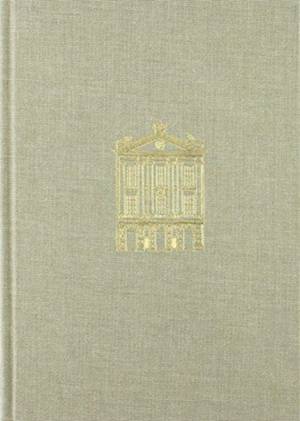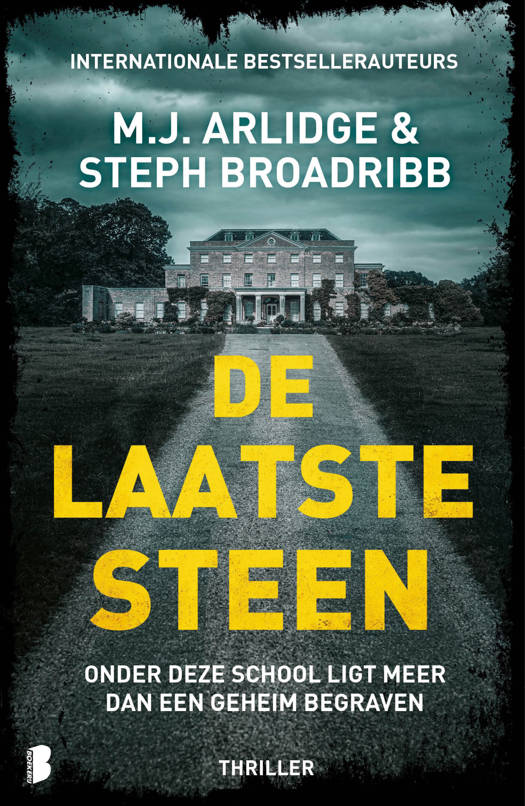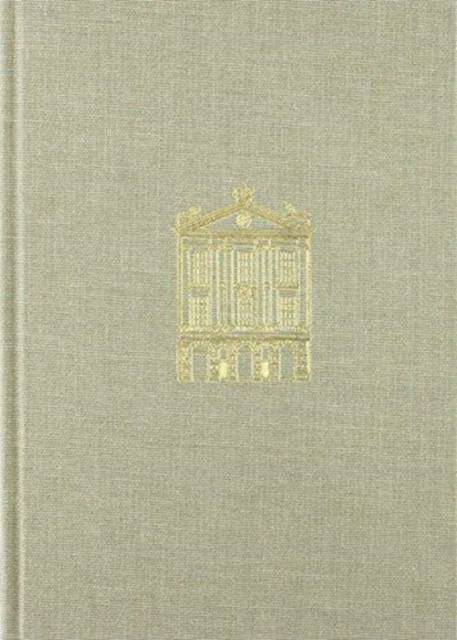
- Afhalen na 1 uur in een winkel met voorraad
- Gratis thuislevering in België vanaf € 30
- Ruim aanbod met 7 miljoen producten
- Afhalen na 1 uur in een winkel met voorraad
- Gratis thuislevering in België vanaf € 30
- Ruim aanbod met 7 miljoen producten
A Biographical Dictionary of Actors, Volume 16, W. West to Zwingman, Volume 16
Actresses, Musicians, Dancers, Managers, and Other Stage Personnel in London, 1660-1800
Philip H Highfill, Kalman A Burnim, Edward A LanghansOmschrijving
A major project begun in 1973 reaches its conclusion with the publication of volumes 15 and 16 of the Biographical Dictionary, a series considered a reference work of the first order by Theatre and Performing Arts Collections.
Among performers highlighted in these last volumes is Catherine Tofts, a gifted singer whose popular acclaim was captured in lines by Samuel Phillips: How are we pleas'd when beauteous Tofts appears, / To steal our Souls through our attentive Ears?' / Ravish'd we listen to th' inchanting Song, / And catch the falling Accents from her Tongue. The first singer of English birth to master the form of Italian opera, Tofts frequently won leading roles over native Italian singers. Her salary--£400 to £500 a season--was one of the highest in the theatre. Her popularity declined, however, as her demands for payment increased--a situation captured in an epigram Alexander Pope may have penned: So bright is thy beauty, so charming thy song, / As had drawn both the beasts and their Orpheus along; /But such is thy avarice, and such is thy pride, / That the beasts must have starved, and the poets have died.
John Vanbrugh, whose play The Relapse is ranked as one of the best comedies of the Restoration period, became a subordinate crown architect under Sir Christopher Wren in 1702. In 1703, Vanbrugh began plans for the Queen's Theatre in the Haymarket, an enterprise endorsed by the Kit Cat Club (of which Vanbrugh was a member). Even though his lavish design was acoustically defective, restructuring helped correct the problem and the theatre eventually became the exclusive center for opera in London.
Specificaties
Betrokkenen
- Auteur(s):
- Uitgeverij:
Inhoud
- Aantal bladzijden:
- 384
- Taal:
- Engels
- Reeks:
Eigenschappen
- Productcode (EAN):
- 9780809318032
- Verschijningsdatum:
- 20/10/1993
- Uitvoering:
- Hardcover
- Formaat:
- Genaaid
- Afmetingen:
- 172 mm x 264 mm
- Gewicht:
- 984 g

Alleen bij Standaard Boekhandel
Beoordelingen
We publiceren alleen reviews die voldoen aan de voorwaarden voor reviews. Bekijk onze voorwaarden voor reviews.











